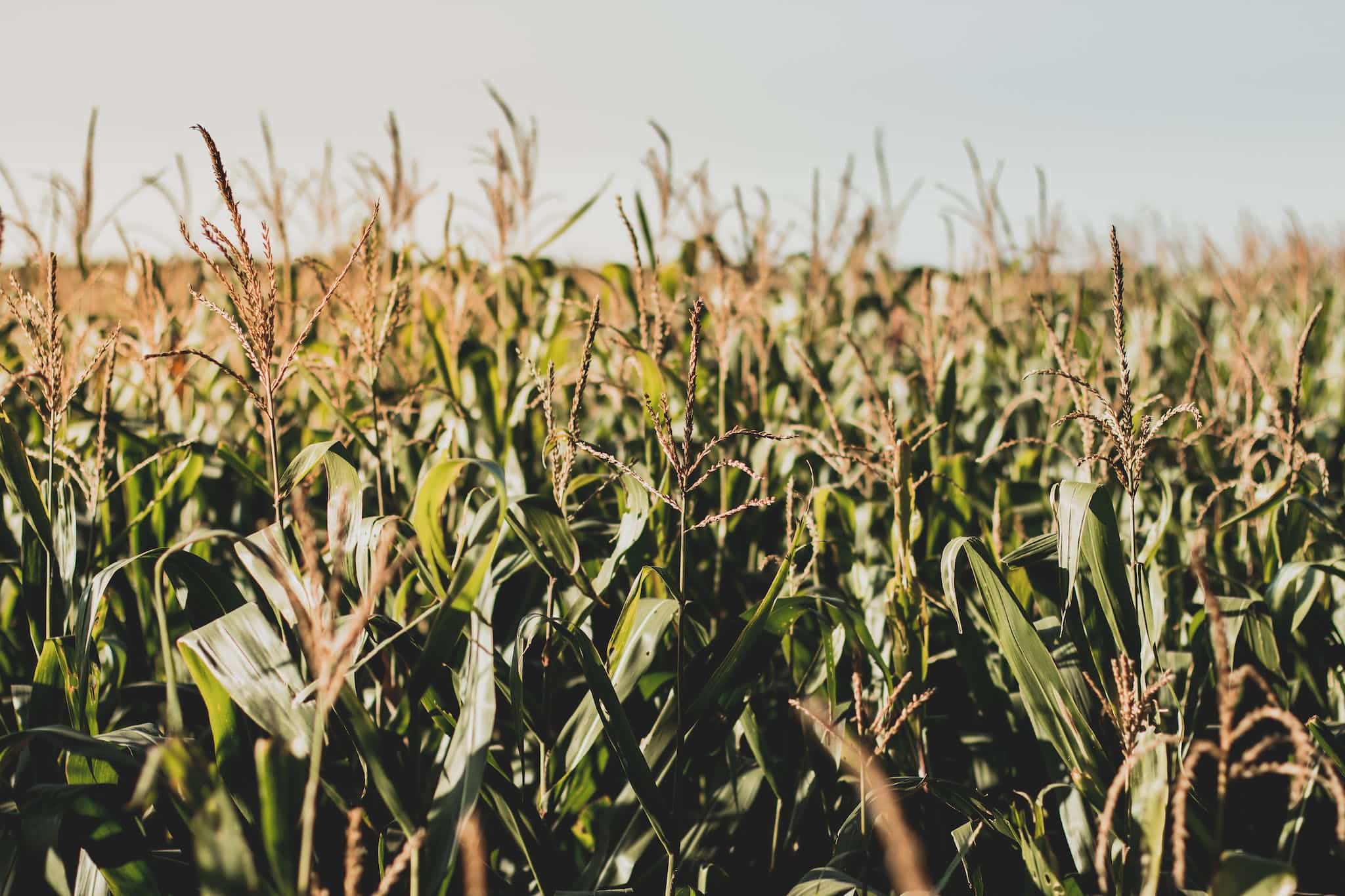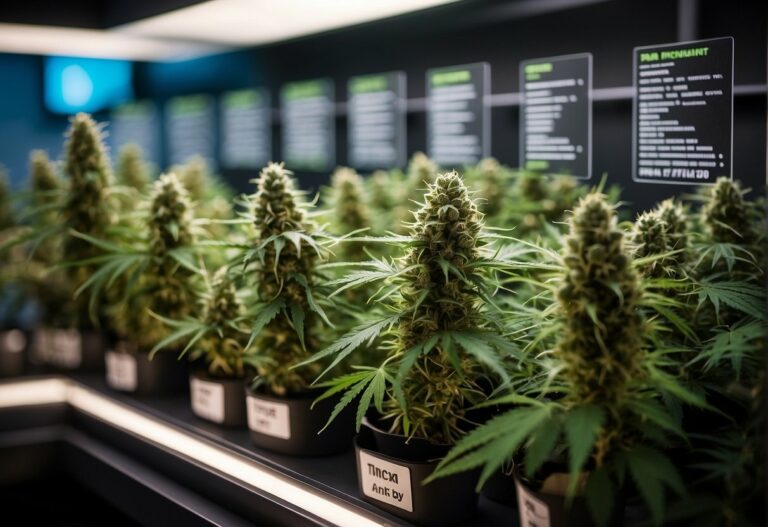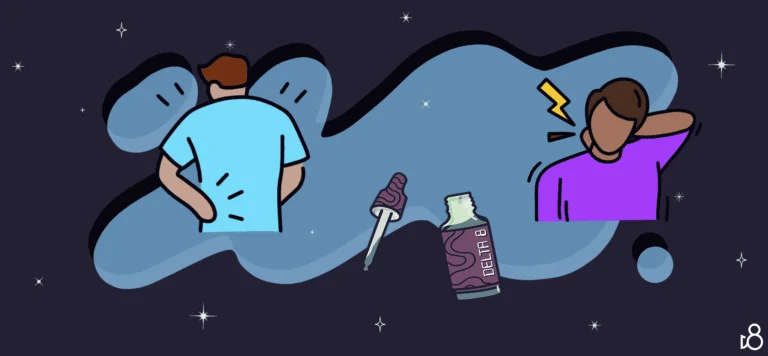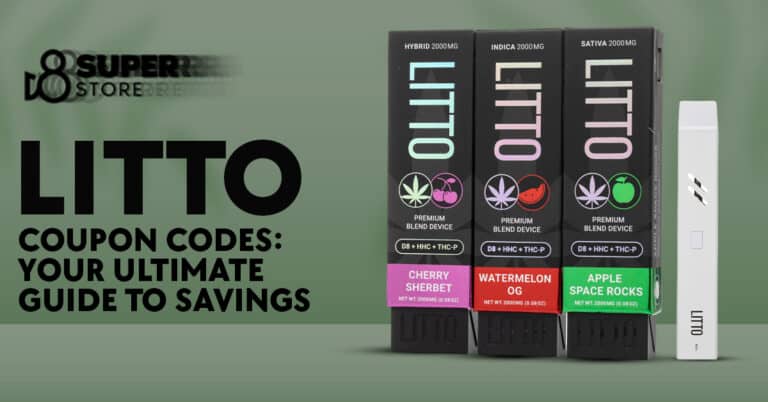Is Delta-11 THC Legal in Iowa? Understanding State Regulations
Ever scratch your head in the Iowa hemp aisles, figuring out which treats won’t get you in trouble? Let’s unpack delta-11 THC. Imagine cannabis as a big family, with THC as the celeb for making you see stars. Delta-11? Think of it as the cool cousin, different from delta-9 THC, the familiar face, and delta-8 THC, the new kid on the block. Now, get this: the 2018 Farm Bill gives hemp the thumbs up across the US, saying yes to goodies with under 0.3% THC, making them not pot. But, Iowa’s rules on delta-11 could change the game. **Why hang around?** Because knowing your hemp can dodge you a bunch of headaches and keep your green dreams legal.
Your curiosity about delta-11’s legality in Iowa is justified, given the state’s evolving cannabis laws. The considerations around legality hinge not just on the source of the cannabinoid—whether it’s derived from hemp or marijuana—but also on how the state aligns with federal legislation. While the Federal Analog Act complicates the status of synthetically altered variants of THC, Iowa law specifically addresses the presence and regulation of cannabinoids, differentiating legal cannabidiol (CBD) from controlled substances.
To navigate the legal landscape in Iowa, it’s essential for you to stay informed about the nuanced legal distinctions pertaining to THC and its analogs. While CBD derived from hemp is legal in Iowa under certain conditions, the status of delta-11 and other THC compounds may not be as clear-cut, often leaving consumers and retailers in a gray area of the law. It is highly recommended that you consult the latest state legislation or legal counsel to ascertain the up-to-date legal status of delta-11 THC in Iowa.
Legality of Delta-11 in Iowa
Exploring the legality of Delta-11 in Iowa involves understanding state statutes, federal laws, and the classification of cannabinoids. Your awareness of these factors determines compliance with the law.
Iowa State Law and Controlled Substances
You should be aware that Iowa’s state law governs the legality of controlled substances within its borders. Controlled substances in Iowa are classified according to schedules laid out by the state, which affect their legal status. Substances with high psychoactive potency often fall under strict regulations or may be deemed illegal.
Hemp-Derived Products in Iowa
For hemp-derived products in Iowa, there is a distinction in legal status. Products derived from industrial hemp containing less than 0.3% Delta-9 THC are generally allowed under Iowa Hemp Act. However, the law does not clearly address all cannabinoids, leaving ambiguity around newer compounds, like Delta-11.
Comparison with Other Cannabinoids
Delta-11’s legality can be contrasted with that of other cannabinoids such as Delta-8 and Delta-9 THC. While Delta-9 THC is heavily regulated, newer isomers, like Delta-11, may not be explicitly referenced in current state law, leading to potential legal grey areas.
2018 Farm Bill Impact
The 2018 Farm Bill has a significant impact on cannabinoid legality, including Delta-11. Under this federal law, hemp-derived cannabinoids are legal if the hemp contains less than 0.3% Delta-9 THC by dry weight. Yet, the translation of this federal policy to state regulations varies, with some states adopting additional constraints.
Cannabidiol (CBD) Regulations
Cannabidiol (CBD), a non-psychoactive compound, is more clearly regulated in Iowa. Provided it is hemp-derived and conforms to THC thresholds, CBD is legal in Iowa. For products to remain compliant, testing and proper labeling reflecting CBD content are essential.
Your understanding of these legal nuances is crucial for navigating the market for cannabinoid products in Iowa, including Delta-11 and its derivatives. Remember that laws evolve, and staying informed about hemp law, potential license requirements, and controlled substance legislation will help you remain compliant.
Delta-11 Accessibility
Navigating the legality of Delta-11 in Iowa is essential for ensuring you remain compliant with state regulations. Whether you’re a consumer, producer, or distributor, understanding the specific laws related to purchasing, production, transport, and testing of this controlled substance is crucial.
Purchasing and Possession in Iowa
In Iowa, you need to be aware that Delta-11, like all cannabinoids derived from hemp plants, falls under specific legal requirements. Your ability to purchase and possess Delta-11 is contingent upon its compliance with state regulations, which dictate that the potency of any cannabinoid, including Delta-11, does not exceed federally defined THC levels. Dispensaries may require a fee or membership for access to these products.
Production and Manufacture Regulations
If you’re part of the market of production and manufacture of Delta-11 products in Iowa, you must secure a license. The state mandates that all manufacturers who grow or synthesize cannabinoids operate within the confines of the law. This includes adherence to cultivation of hemp plants with less than 0.3% THC on a dry weight basis and meeting other applicable regulations.
Transport and Distribution Laws
Transport and distribution of Delta-11 products across Iowa require a comprehensive understanding of both federal and state laws. As a distributor, you must adhere to the rules that govern the legal transport of controlled substances, ensuring that you have the appropriate license and your products meet the necessary compliance standards before entering the market.
Testing and Compliance
Testing is a mandatory step before Delta-11 products can be sold in Iowa. You must ensure that your products undergo rigorous testing to assess their potency and purity. Compliance with these tests, conducted by licensed labs, is essential to maintain the legal status of your Delta-11 items and to confirm they meet state-regulated THC thresholds.
Therapeutic and Recreational Use
As you explore the various uses of Delta-11 and its legal status, it’s important to differentiate between medical cannabis and hemp-derived THC products, understand their recreational use and legality, and be aware of the product types available on the market.
Medical Cannabis and Hemp-Derived THC
Medical marijuana in Iowa includes products with THC, the psychoactive component known for its potential benefits in easing symptoms like pain and anxiety. However, hemp-derived THC compounds like Delta-11, which may induce similar therapeutic effects, fall into a more complex legal category. While medical cannabis is regulated, the legality of hemp-derived THC substances could be unclear due to legislative gaps, as highlighted in the American Journal of Public Health.
Recreational Use and Legal Status
The recreational use of Delta-11 and its psychoactive effects, which can include euphoria and relaxation, is not permitted in Iowa. As with other compounds similar to Delta-9-THC, the state has restrictions on recreational cannabis. Any changes in legislation would affect the commercial availability and use of such compounds within the state.
Product Types and Commercial Availability
When it comes to hemp-derived THC products such as those from Delta-11, you might find a variety of forms available in markets where they are legal. These can include gummies, edibles, tinctures, and flowers. Each product offers a different intensity of the high and duration of effects, catering to those seeking relief or relaxation. The substitution of medical cannabis with Delta-8-THC could hint at a similar market for Delta-11, should it be legally and widely available.
Frequently Asked Questions
When it comes to the intricacies of cannabis laws, understanding the legal status of different compounds like Delta 11 in Iowa can be quite complex. This section addresses some of the most common queries you might have regarding Delta 11’s legality, effects, and distinctiveness.
What are the legalities surrounding Delta 11 in various states?
The legal status of Delta 11 THC varies by state and is contingent on state-specific cannabis laws. While some states have clear regulations regarding cannabinoids like Delta 11, others have more ambiguous legal frameworks. It’s essential to check the current legislation in your state to understand the legalities of Delta 11.
Can Delta 11 products be legally purchased and consumed?
Legality for purchasing and consuming Delta 11 products is not uniform across all states. Although Delta 11 may be legal in some areas, others may have restrictions or outright bans on its sale and use. Always verify local laws before attempting to purchase or consume Delta 11 products.
How does Delta 11 compare to Delta 9 in terms of potency?
Delta 11 THC is a cannabinoid similar to Delta 9 THC, the main psychoactive component in marijuana. However, the potency and effects of Delta 11 THC can differ from Delta 9. Research on the specific effects and strength of Delta 11 is limited, and direct comparisons are not well-established.
Are there any psychoactive effects associated with Delta 11?
Delta 11 THC is believed to have psychoactive effects, though the extent and nature of these effects warrant further study. Like other THC compounds, the psychoactive experience can vary from person to person.
How does Delta 11 differ from Delta-8?
Delta 11 and Delta-8 THC are both cannabinoids derived from the cannabis plant, but they have different chemical structures. This distinction can influence their respective potency, effects, and legal status. Delta-8 is typically less potent than Delta 9 THC, and the comparison with Delta 11 is not as clear-cut due to the lack of extensive research.
Is there a possibility of Delta 11 appearing in drug tests?
As with other THC compounds, there’s a possibility that Delta 11 could be detectable in drug tests. Many standard tests look for metabolites associated with THC, and Delta 11 may produce similar metabolites. If you’re concerned about drug testing, take caution with any THC product consumption.








